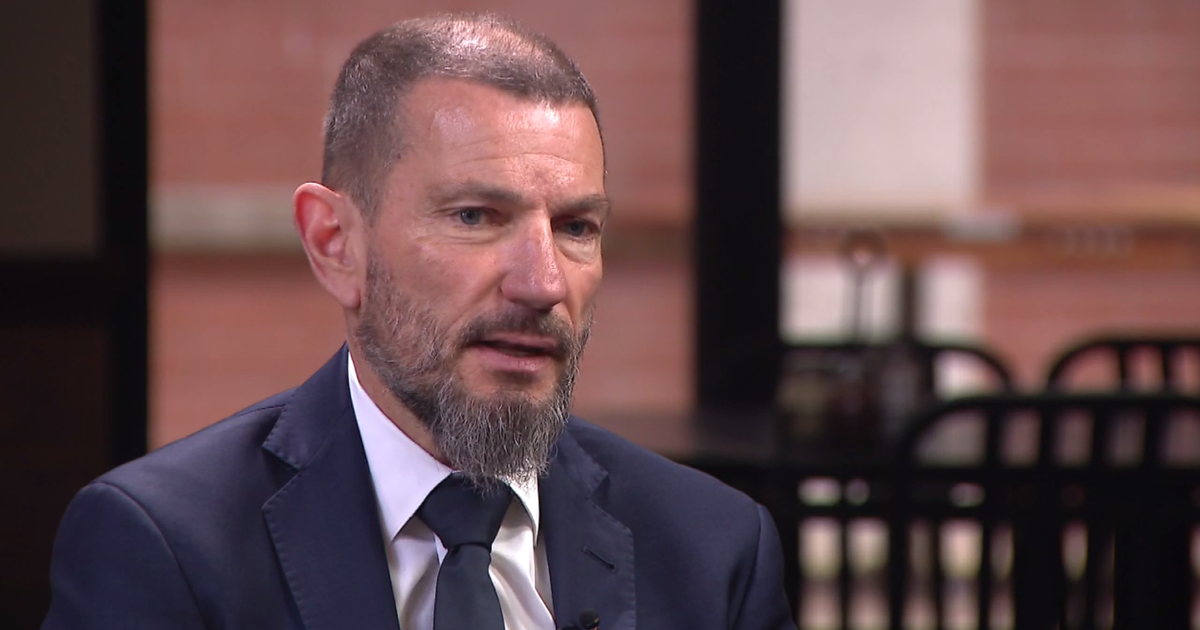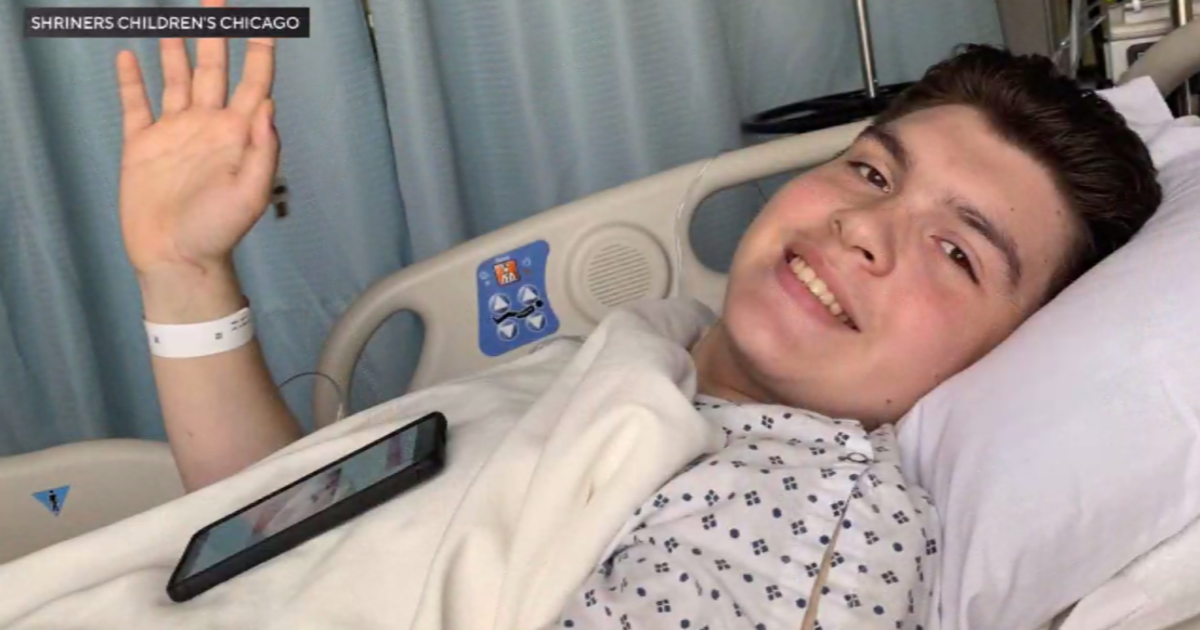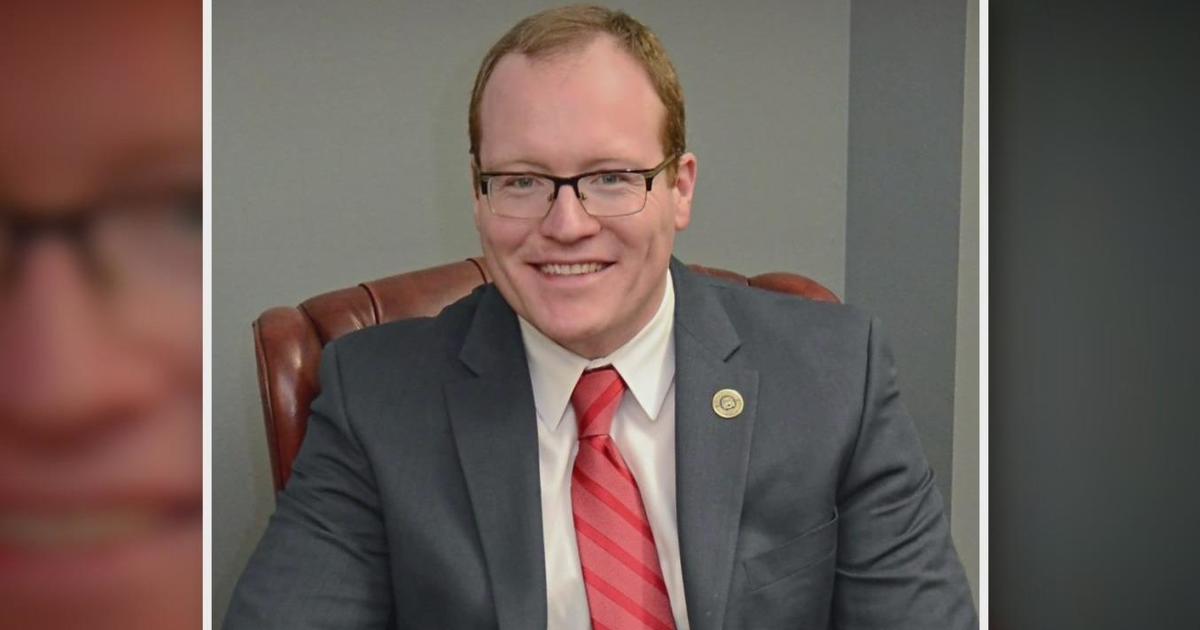Firefighters, Paramedics Reach Tentative Contract
CHICAGO (STMW) - Chicago firefighters and paramedics would get a 10 percent pay raise over five years and give the city its most flexibility ever to reduce manpower and cut overtime costs under a tentative contract up for a ratification vote.
After nearly four years of bargaining slowed by a civil war within the Chicago Fire Fighters Union, the city and Local 2 have finally reached agreement on a contract that calls for the elimination and reassignment of a fire company to reduce city overtime costs. The targeted company had been assigned to the repair shop.
LISTEN: Newsradio 780's Jan Coleman Reports
Podcast
The contract, which would run until June 30, 2012, gives firefighters and paramedics the same 10 percent raise an independent arbitrator awarded to Chicago Police officers.
The contract also includes cost-saving flexibility in the requirement that there be five employees on every piece of fire apparatus. That's the issue that triggered the bitter 1980 firefighters strike.
The city is currently allowed to dip below that requirement 30 times a day. Under the contract, the number of daily "variances" would rise to 35 times a day.
In addition, firefighters who go home sick during their shift would not automatically need to be replaced. Their company would be free to operate with four employees, instead of five.
The agreement also calls for an increase in so-called "duty availability" pay -- from $730 per quarter to $805. Firefighters would be free to retire with full health benefits at age 55, but not until November 2011, and there would be caps on the number of firefighters who take advantage of the offer. The share of promotions based on merit, long a sore point with the rank-and-file, would remain at 16 percent.
Local 2 President Tom Ryan refused to comment on the agreement, even though the votes will be counted on Wednesday.
It's certain to be a disappointment to some, considering the union's own proposals.
Chicago firefighters started out demanding a 26 percent pay raise over four years, a $350-a-month meal-and-vehicle allowance and a $3,500-a-year residency stipend to compensate them for being forced to live in the city.
They further demanded no fewer than five employees on every piece of fire apparatus whenever temperatures dip below 20 degrees or rise above 90. The same five-employee minimum would have applied when the Department of Homeland Security raises the nation's threat level to red.
City Hall also would have been prohibited from summoning outside fire or emergency medical services until "all ancillary equipment" and rehiring available from within the Chicago Fire Department had been exhausted.
The last time Local 2 negotiated a new four-year deal, firefighters gave up so much in exchange for their 16 percent pay raise that the backlash ultimately cost then-union President Jim McNally his job. The share of promotions based on merit was increased from 10 percent to 16 percent. Chicago became the nation's first major city to test randomly for both alcohol and drug use, a key provision given the notorious antics in some firehouses over the years.
City Hall pegged the cost of the police contract at $385 million and borrowed $160 million to bankroll the back pay. The cost of the firefighters contract was not known. Nor was it clear whether the city would need a similar short-term borrowing.
© Sun-Times Media Wire Chicago Sun-Times 2010. All Rights Reserved. This material may not be published, broadcast, rewritten, or redistributed.



